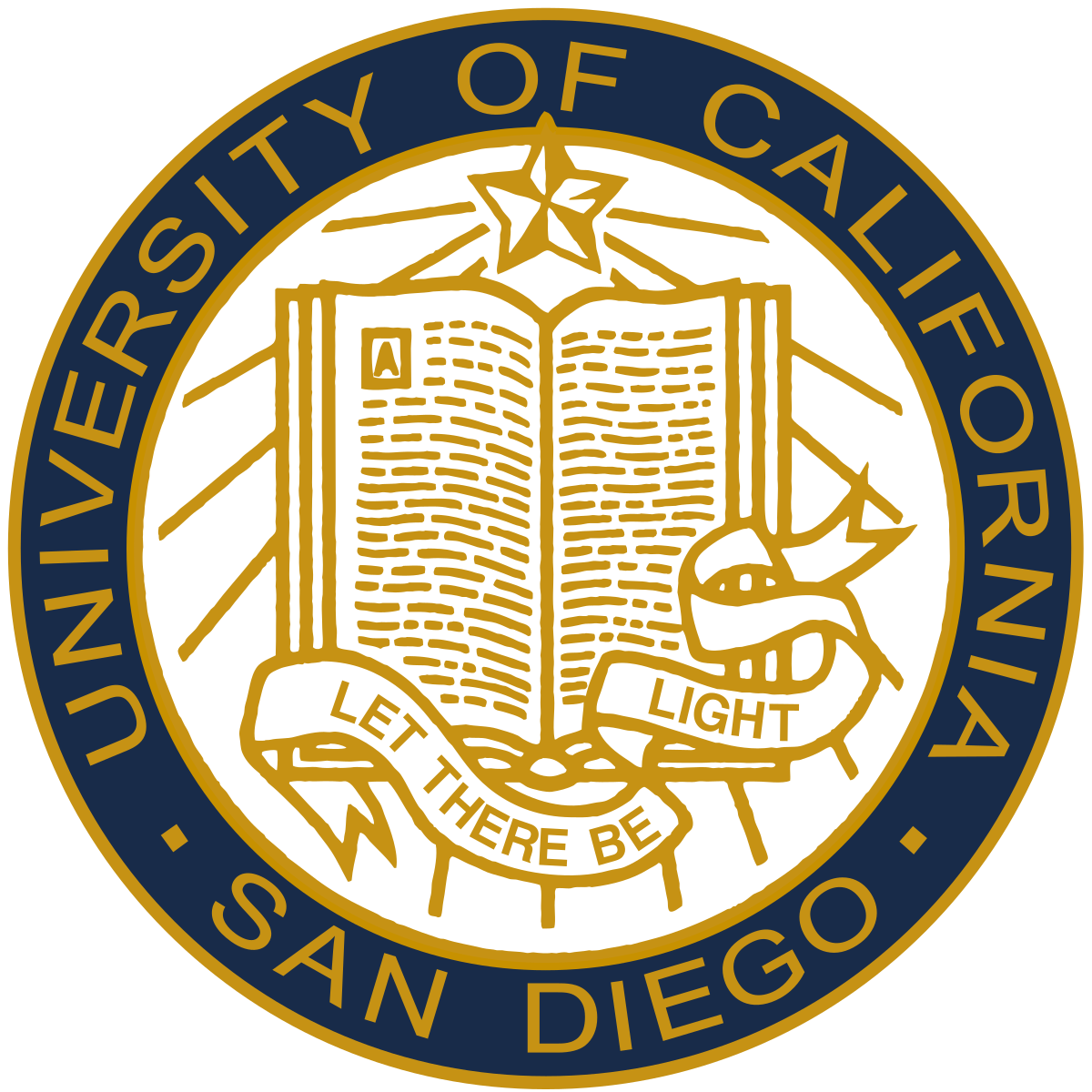UC San Diego: Biological Sciences Launches Immersive Work Experience and Corporate Affiliates Programs
A bold new strategy designed to help UC San Diego students maximize their education and training experiences in the life sciences has been launched by the Division of Biological Sciences.
In June, the division established a Cooperative Education (Co-Op) Program that offers a paid, yearlong immersive work and training experience in an industrial setting. In tandem with the Co-Op Program, the division also initiated a Biological Sciences Corporate Affiliate Program, or “BioCAP,” to strengthen links to the San Diego region’s deep roster of life sciences and biotechnology companies. To join the Co-Op Program, companies become BioCAP partners with an annual membership to invest in the training and professional development of future leaders of the life sciences industry. Discussions are underway to include companies from other biotech-rich regions in California, across the country and internationally.
“The goal of the Co-Op Program and BioCAP is to cultivate a rich, diverse talent pipeline that will provide a unique, immersive life sciences work experience for our students and offer the area’s biotech sector a competitive source of highly trained students from a variety of disciplinary backgrounds,” said UC San Diego Division of Biological Sciences Dean Kit Pogliano.
Since taking the leadership reins of the Division of Biological Sciences in 2018, Pogliano has made a concerted effort to strengthen ties to San Diego’s broad cluster of biotechnology and life sciences companies. The timing of her appointment as dean accelerated efforts brewing over the past several years aimed at boosting the opportunities for UC San Diego students to gain hands-on experiences at life sciences companies.
Molecular Biology Professor and Co-Op Program faculty advisor Joe Pogliano says the launch of Co-Op and BioCAP is the result of a rising tide of discussions between UC San Diego scientists and life sciences representatives hoping to redefine the traditional university-industry student training paradigm. Many similar training programs feature three-month summer internships. Instead, the new Co-Op provides a yearlong training that offers students a much more immersive work experience.
“The yearlong time frame benefits the students tremendously,” said Pogliano. “Students really see what it’s going to be like working for these companies. With more work experience, they learn more skills and become better prepared for their career. This serves the company in terms of helping them find the talent they need to fill key positions.”
Within engineering and other fields, such university co-op arrangements with industry are commonplace. But this type of program is considered much more innovative in the life sciences. The timing of the new Co-Op Program coincides with the workforce demands of San Diego’s thriving biotechnology cluster, which is on a growth curve. Approximately 400 new companies have formed in the past three years in San Diego and 10 million square feet are under development, according to Biocom California.
“We have such great companies in San Diego—it’s a hotbed of biotechnology,” said Pogliano. “Of all the universities to do this, UC San Diego is perfectly positioned to launch a co-op program because we have great students, top life sciences programs across the campus and a thriving biotech industry that is hungry to gain access to those students. So, it’s a win-win.”
In addition to their exposure to research at a leading biological sciences university, Melissa Hoon, the division’s new director of corporate relations and professional development, says the Biological Sciences Co-Op Program further prepares students with complementary professional skills beyond their technical and scientific training. Communication skills, critical thinking, writing, interdisciplinary collaboration, problem solving and other assets are weaved into the training as part of the division’s innovative professional development curriculum. Co-Op students also receive faculty and staff mentoring during the year.
“Co-op programs are far less common at universities with leading life sciences programs, presumably because the emphasis is placed on research,” said Hoon, who also serves as the Co-Op Program’s staff advisor. “But at UC San Diego, we’re focusing on both research and industry because this dual-approach is ultimately what will prepare a highly diverse population of students to secure jobs upon graduating and build successful and meaningful careers.”
Siara Magee
As a first-generation college student, Siara Magee sees the value in the new Co-Op Program and its potential to enhance education, training and professional development skills for new generations of UC San Diego students.
The Co-Op Program will broaden the diversity of students gaining this valuable experience by working through recently launched programs such as PATHS and BUMMP, which are designed to enhance the success of underrepresented students in biology and other STEM fields. Other partners include students in the Chancellor’s Associates Scholars Program, which supports high-achieving students, mostly from San Diego, with high financial need. The idea is to demonstrate to these students that opportunities exist in life sciences industries as they evaluate their future career paths.
One of the first Co-Op participants, Siara Magee, is a fourth-year human biology major currently working at San Diego-based Catalent Pharma Solutions, a pharmaceutical development and manufacturing company.
A first-generation college student, she is excited by the launch of the Co-Op Program and its potential to enhance education and training for new generations of UC San Diego students.
“With the amount of time it takes to train an intern on the processes that they’re going to be performing, I think it’s really valuable to have this type of program where they can continue year-round,” said Magee. “When those students graduate, they’ll have a clear understanding of what the job and expectations are. For the company, that new potential employee could come in and all of the work that you put into them is going to translate phenomenally.”

